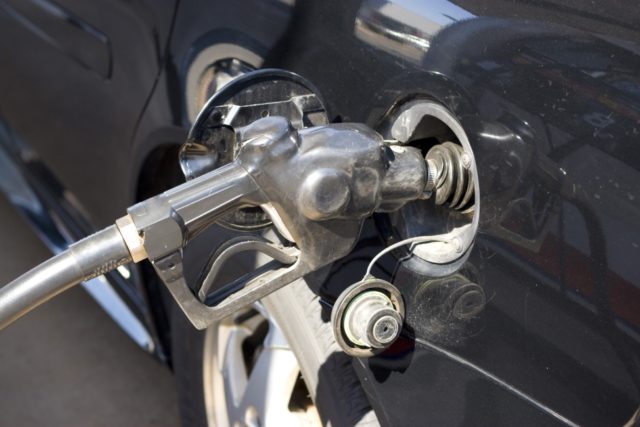

Each one cent decline in a gallon of gasoline, extended over a year, saves consumers about $1.1 billion per year in spending on gasoline. So I’d estimate that a ten cent decline, over two months, will save consumers about $1.8 billion in November and December compared to October. Given that total holiday spending is around $720 billion, according to the National Retail Federation (https://nrf.com/media-center/press-releases/consumers-will-spend-41-percent-more-last-year-during-winter-holidays), and that not all of the gasoline savings will go to holiday spending, the impact will be minimal. Even if the decline in gasoline prices is twice as large, 20 cents per gallon, it’s still just a drop in the bucket.

That being said, PNC is expecting a 5 percent increase in holiday sales this year compared to last. About 3 percentage points of that will come from sales growth, and about 2 percentage points from rising prices. The positives for holiday spending (job growth of 200,000 per month, the strongest wage growth in almost a decade, low overall inflation, rising household wealth) are much larger than the negatives (rising interest rates, stock market volatility).

Augustine (Gus) Faucher is senior vice president and chief economist of The PNC Financial Services Group, serving as the principal spokesperson on all economic issues for PNC.
Faucher is frequently cited in international, national, and regional media outlets including The Wall Street Journal and The New York Times. He has appeared on ABC World News, CBS Evening News, NBC Nightly News and Nightly Business Report, and is regularly featured on CNBC, CNN and Fox Business. In addition, he appears regularly on CBS Radio, NPR and Marketplace.
He serves on the board of directors of The Economic Club of Pittsburgh – the local chapter of National Association of Business Economics (NABE). He is also co-chair of the Financial Roundtable of NABE.
Faucher earned a Ph.D. in economics from the University of Pennsylvania, with concentrations in labor economics and public economics. He also has a B. A. in economics from Cornell University.












